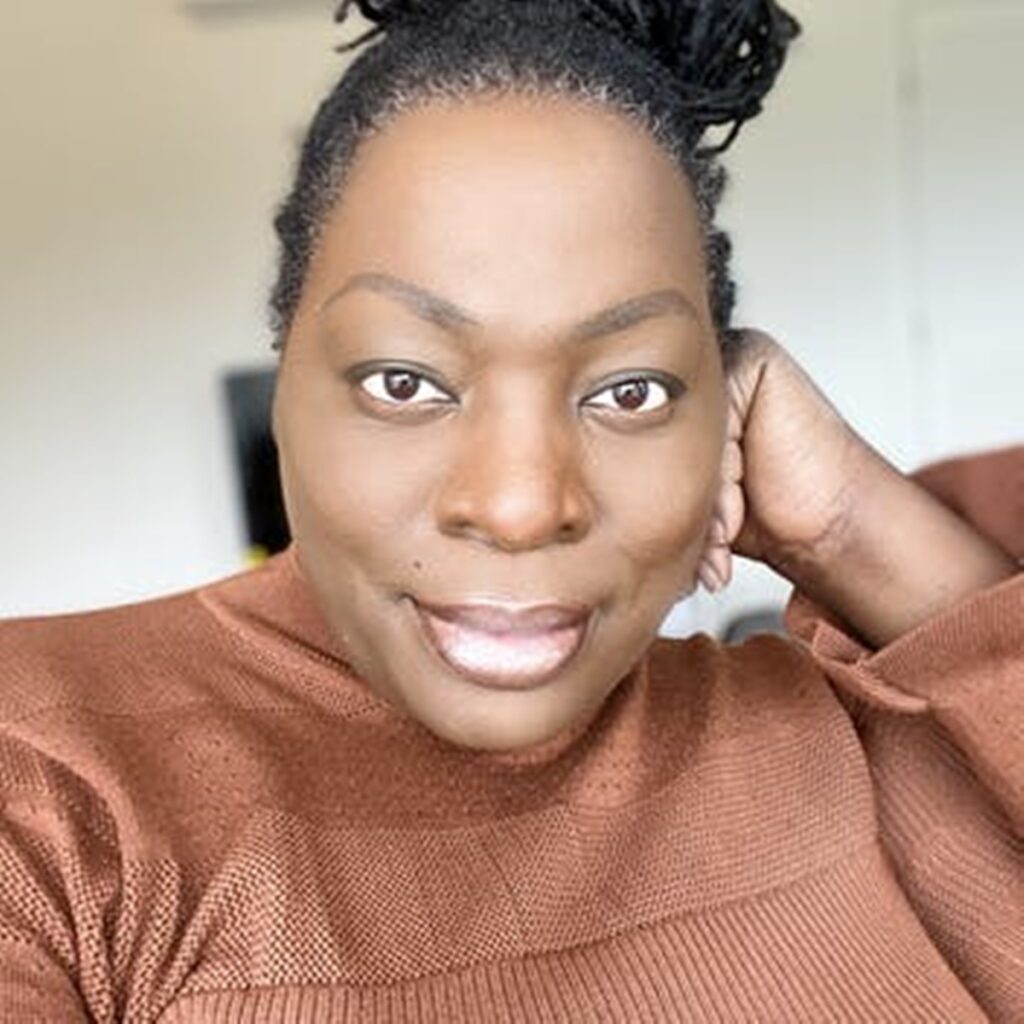
Noted Atlanta LGBTQ advocate Tori Cooper made history earlier this month when she was named to the Presidential Advisory Council on HIV/AIDS. Cooper becomes the first Black out trans woman ever named to the council.
Voice At The Presidential HIV/AIDS Advsisory Council Table
Cooper appears ready to jump right into the thick of the fight against HIV/AIDS, saying that she wants to make sure that “all of our voices are heard and included in every phase of ending the epidemic.” She wants to make sure that the voices of trans populations are heard, but that power and resources are also available to “folks deemed marginalized in society.”
“I'm very humbled, very proud,” Cooper told Project Q Atlanta. “There's a lot of work that needs to be done, so there's this desire to just dig in and be a part of something that really means a lot to a lot of people in this country.” Cooper was one of eight new members sworn in by another trans trailblazer, HHS assistant secretary Dr. Rachel Levine.
Cooper also noted what being the first Black out trans woman to join the council personally meant. “Visibility is important, and representation is important … It's important that folks see folks whom they feel that they share a community with, Cooper said. “It's also important for additional communities and additional intersectional identities to be at the table.”
Cooper's Past Activism
Her appointment on Aug. 4 is the latest in her long history in advocacy and political advisory roles focused on LGBTQ populations. The current director of community engagement for the Human Rights Campaign's Transgender Justice Initiative has worked with multiple organizations and political figures in Georgia, including departing Atlanta mayor Keisha Lance Bottoms and Sen. Rafael Warnock.
Cooper's activist roots first sprouted through HIV/AIDS awareness work nearly three decades ago. In that time, she has led HIV/AIDS awareness campaigns and programs tailored specifically to trans populations, including the CDC's Sister to Sister program. “That was the beginning of it, and it's just been going ever since, full speed ahead,” said Cooper.
Cooper has also been entrenched in the community as well. She became the first out trans ambassador to AIDS Walk Atlanta, one of the city's largest HIV/AIDS fundraising organizations, in 2016. Cooper also co-signed a 2019 letter to Bottoms highlighting the city's mismanagement of HOPWA funds, a federal housing program specifically focused on aiding low-income individuals living with HIV/AIDS. The city of Atlanta was found to be dragging its feet in distributing $40 million dollars in federal funds to local housing organizations.
Addressing Trans-Specific Needs
Cooper joins a number of leading advocates and medical professionals combatting the continuing HIV/AIDS epidemic, but much of Cooper's focus lies directly on how policy can aid trans and gender-diverse communities, especially trans people of color, that still receive diminished attention.
Speaking to NBC News, Cooper highlights that easier access to gender-validating IDs nationwide is an example of non-medical changes that could ease the barrier to access proper medical treatment. “As a Black trans woman who has an ‘F' on her ID, what it does is it makes it easier for my provider to write prescriptions for gender affirming health care,” Cooper said.
“We have to make sure that providers understand that as trans folks we have the same needs as every other community but also very unique needs as well,” she continued. “Cisgender women don't need prostate exams; trans women do. Cisgender men don't need gynecological care; trans men do. And so, true HIV health care, through comprehensive and inclusive health care, includes all of those, and there are a number of different ways to to get to that.”
Atlanta LGBTQ: Previously on Towleroad
Photo courtesy of Human Rights Campaign



